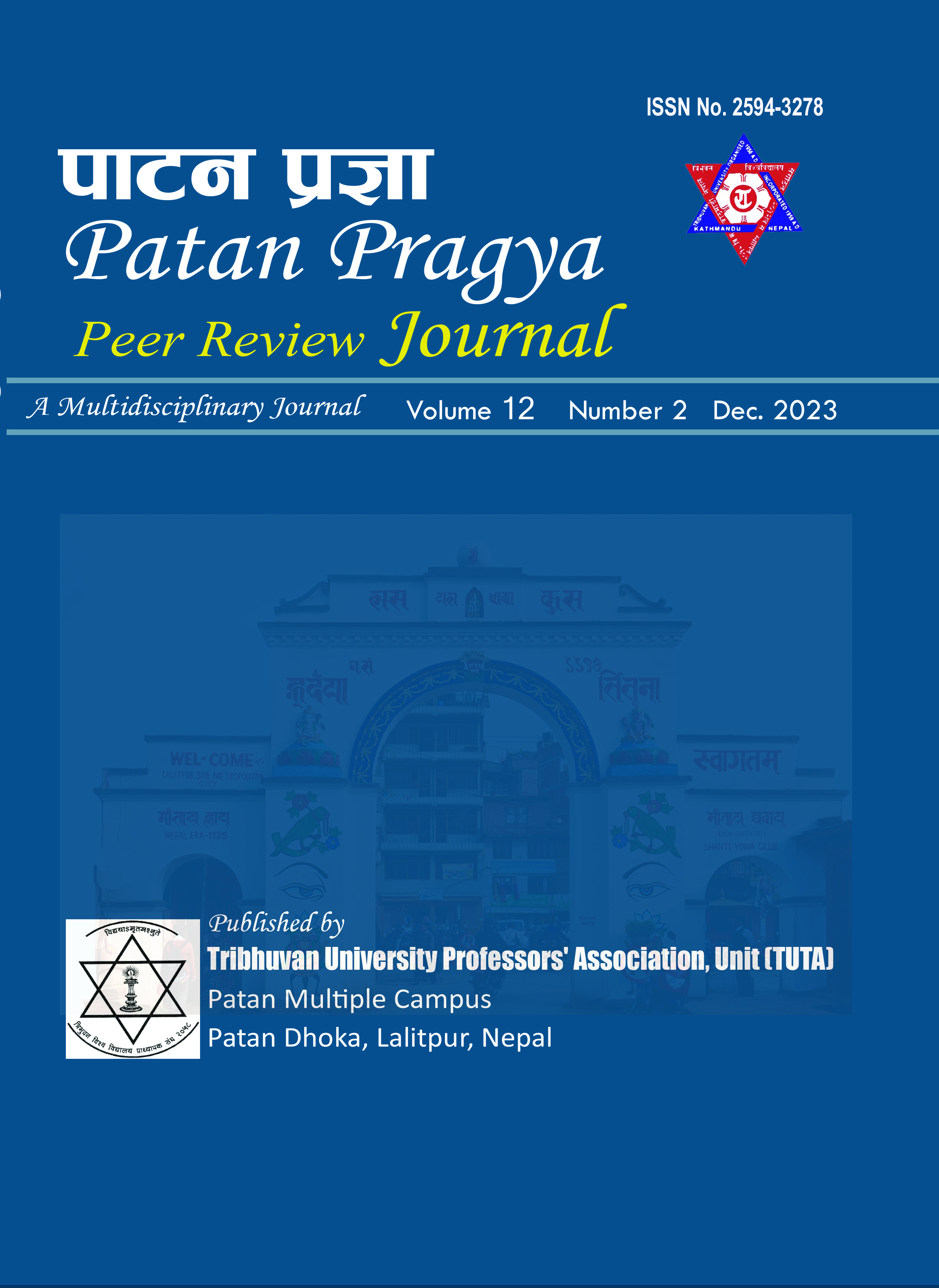Analytical Study of Cooperative Learning in Mathematics
DOI:
https://doi.org/10.3126/pragya.v12i02.64211Keywords:
Cooperative Learning, Team WorkAbstract
This exhaustive study delves into the application and impact of cooperative learning in mathematics education, specifically focusing on the context of Nepal. The primary aim is to assess the effectiveness and prevalence of cooperative learning strategies employed by mathematics teachers at both school and college levels. The investigation centers on small-group cooperative learning as an alternative pedagogical approach, contrasting it with traditional whole-class expository instruction and individual instruction systems. The study outlines practical and realistic strategies for utilizing small groups in mathematics teaching, emphasizing their applicability across different age groups and curricula. Furthermore, the study encompasses three computer-based cooperative learning strategies designed for classroom implementation, various learning activities aimed at establishing a cooperative classroom setting, and procedures for group problem-solving and inquiry specifically in algebra, geometry, and trigonometry. The implications of this finding underscore the need for further efforts to enhance the adoption of cooperative learning among mathematics teachers in Nepal.
Downloads
Downloads
Published
How to Cite
Issue
Section
License
© Tribhuvan University Teachers' Association (TUTA), Patan Multiple Campus Unit

